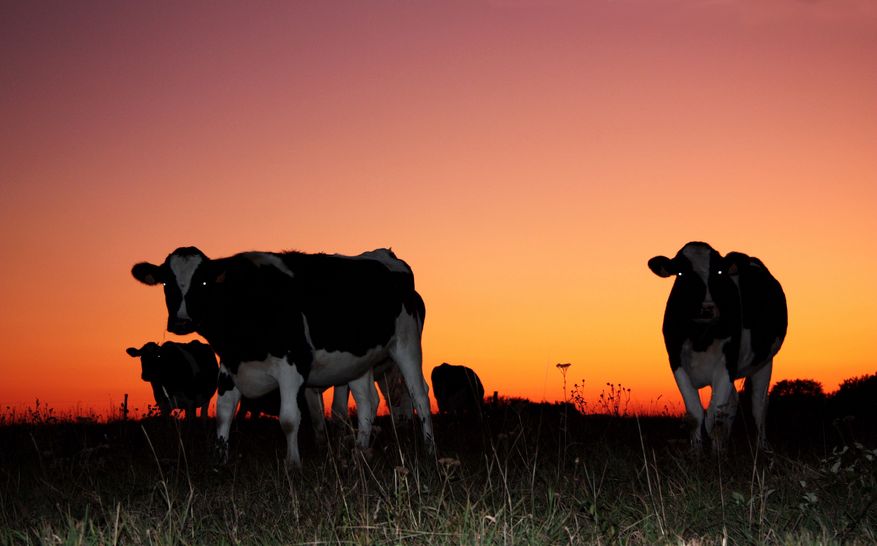
A new guide to help Northern Irish farmers improve the environment by reducing ammonia emissions has been launched.
Produced in collaboration with the farming industry, the 'Code of Good Agricultural Practice for Reducing Ammonia Emissions' provides farmers with steps they can take to minimise emissions of this air pollutant.
Ammonia is harmful to the environment through the deposition of excess nitrogen on sensitive habitats.
Approximately 90% of the gas's emissions come from agriculture, according to Wageningen University & Research (WUR). High concentrations of it are harmful to humans and animals.
94% of ammonia emissions in Northern Ireland come from the agriculture sector, and the province is responsible for 12% of UK ammonia emissions.
Launching the new Code, the Department of Agriculture, Environment and Rural Affairs (DAERA) said reducing ammonia emissions is 'one of the key environmental challenges facing agriculture'.
Norman Fulton, Head of DAERA’s Food and Farming, said: “Many farmers have already made good progress by using methods that reduce ammonia emissions including how they store and spread manures and by changes made to their livestock diets.
“But we need to do more and farmers are in a great position to help us protect and enhance our environment, our sensitive and protected habitats as well as the air we breathe.
“We are committed to working with the industry to find ways to reduce ammonia, help farm businesses work in harmony with the environment and develop a sustainable agri-food industry. We need widespread adoption of the measures to achieve that,” Mr Fulton added.
It is hoped the new voluntary 'Code of Good Agricultural Practice for Reducing Ammonia Emissions' will help Northern Ireland contribute to the UK targets of reducing ammonia emissions by 8% in 2020 and 16% in 2030.
